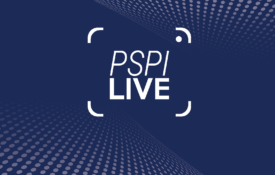-
AI-Generated Faces Now Look More Real Than Ever. Can You Spot the Fake Ones?
AI-generated faces of white people now seem more real than actual ones, according to a new study which raises concerns that the technology may be used to fool people. More people thought AI-generated white faces were human than the faces of real people, while the same wasn’t true for the images of people of colour, according to research published recently in the journal Psychological Science. “If white AI faces are consistently perceived as more realistic, this technology could have serious implications for people of colour by ultimately reinforcing racial biases online,” study co-author Amy Dawel from the Australian National University, said. ...
-

Do Risky Drinkers Think Differently? Insights From Cognitive Experiments
Podcast: Under the Cortex hosts Elizabeth Goldfarb (Yale University) to explore the cognitive profile of risky drinkers, as well as possible interventions for those struggling with alcohol use.
-

Seven Tips for Conducting Research With Low-Income Participants
Psychological researchers face a number of methodological and practical challenges when collecting data on low socio-economic communities. A team of scientists offer suggestions on overcoming those obstacles.
-

PSPI Live: Understanding the Stigma Associated With Substance Dependence
In an October 25 APS PSPI Live webinar, experts in the field discussed substance abuse and dependence from a nuanced perspective that goes beyond common misconceptions. A recording of the symposium is now available for registrants and APS members.
-

New Content From Perspectives on Psychological Science
A sample of research on digital contact tracing in pandemics, the interpersonal distance theory of autism, the impact of school closures on children’s mental health and learning, and much more.
-

Stigma Against People With OCD Varies With Their Obsessions
Individuals with OCD face stigma both for the nature of their intrusive thoughts and for their distress, according to a new study in Clinical Psychological Science.

